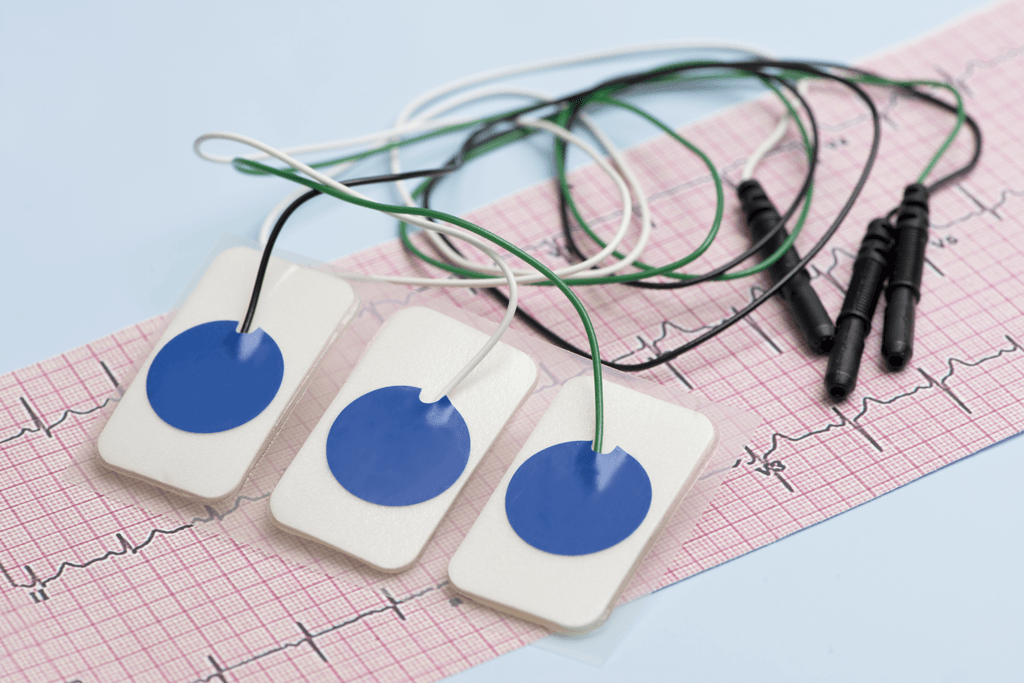Electrocardiography is a means of making a graphic record of the electric currents generated by the heart. An ECG can provide important information about the rhythm of the heart and the size and position of the heart chambers. It can also sometimes detect inflammation or damage to the heart muscle, as well as abnormalities in the salts or minerals that control the electrical activity of the heart.

The electrical signals produced by the heart are detected by small metal discs (electrodes) which are attached to the skin on various parts of the body. An electrocardiogram is usually performed by a technician and then interpreted by a doctor. It can be performed in a clinic, doctor’s office, laboratory, or at your bedside with a portable machine. Ambulatory electrocardiography can also be performed (Holter Monitoring).
You can find further information here: The American Heart Association Website
